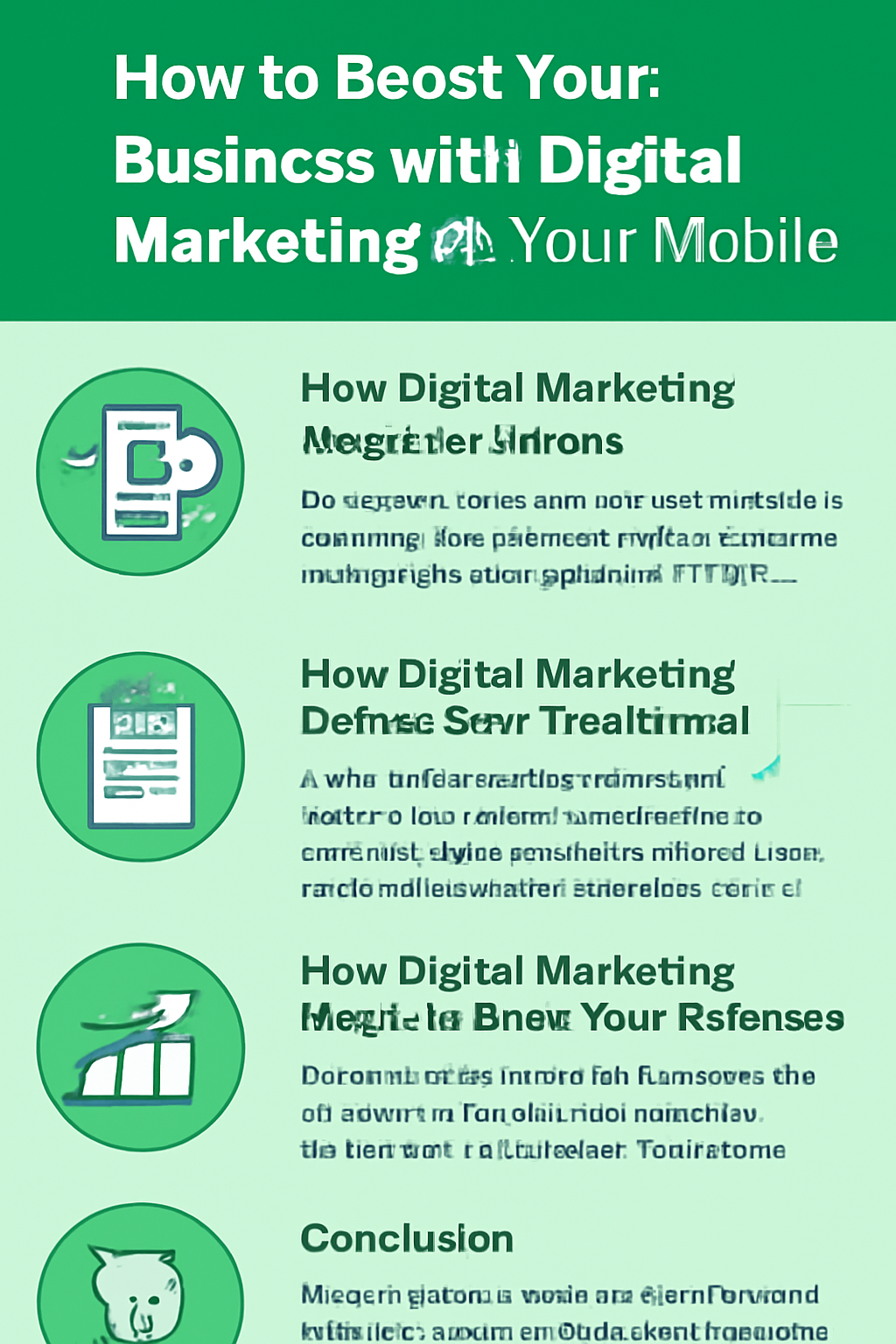Search Engine Optimization SEO plays a vital role in ensuring search engines can crawl, index, and rank your website for the most relevant keywords. This enables businesses to be discovered by potential customers actively searching for their products or services.
However, SEO is often perceived as complex, technical, and time-consuming. During economic downturns—whether due to inflation, recession, or geopolitical instability—businesses tend to deprioritize SEO in favor of immediate cost-cutting measures. But this is a mistake. A strong online presence is often the first impression your business makes, and in tough economic times, that impression is more important than ever.
This article explores why SEO should remain a priority regardless of economic conditions and how it can serve as a key driver of business resilience.
The Foundation of a Strong Online Presence: Delivering Value
Before the rise of digital marketing and eCommerce, businesses relied on traditional word-of-mouth marketing. A satisfied customer would recommend a brand to their friends and family, amplifying its reputation organically.

The same principle applies today, but on a much larger scale. In the digital landscape, a positive customer experience leads to:
- Repeat purchases
- Increased brand advocacy
- Positive online reviews and testimonials
The Flip Side: A Poor Reputation Can Be Detrimental
Just as word-of-mouth can boost a brand, it can also work against it. If a business fails to meet customer expectations—whether due to slow delivery, complicated returns, poor customer service, or pricing issues—negative reviews can spread rapidly.
In challenging economic conditions, consumers become more cautious with their spending. They expect businesses to provide exceptional value, and any misstep can result in lost sales and long-term reputational damage.
Consumer Behavior Shifts During Economic Hardships
Economic instability significantly impacts consumer behavior. Shoppers conduct more research before making purchases, ensuring they get the best value for their money.
The Importance of Search Queries
With 42% of consumers beginning their purchasing journey via search engines, it’s crucial to establish a strong SEO presence. Common searches include:
- Brand name + reviews – Consumers want to verify your credibility.
- Best deals and discounts – Buyers compare prices and look for the best offers.
- Product specifications and comparisons – Shoppers ensure they are making the right choice.
Trust Signals Matter More Than Ever
When customers find your website, they look for key trust signals, such as:
- SSL certification (secure browsing)
- User-friendly website design
- Clear return and refund policies
- Verified payment options
- Genuine customer reviews and testimonials
Without these trust elements, potential buyers may abandon their purchase, fearing scams or subpar products.
Leveraging Reviews for SEO and Trustworthiness
Social Proof as a Key SEO Asset
Online reviews serve as digital word-of-mouth marketing. They validate your product’s legitimacy and assure customers that others have had positive experiences. From an SEO perspective, reviews contribute valuable user-generated content, which strengthens your website’s relevance in search rankings.
Additionally, reviews often include keywords naturally incorporated by customers, further boosting your site’s visibility.
Google’s E-E-A-T Principles and Search Quality
Google evaluates websites based on Experience, Expertise, Authoritativeness, and Trustworthiness (E-E-A-T), as outlined in its Search Quality Rater Guidelines. While E-E-A-T is not a direct ranking factor, it plays a significant role in search quality assessments.
To align with these principles, businesses must:
- Showcase expertise through high-quality, informative content
- Establish authoritativeness via industry recognition and backlinks
- Build trust through transparent business practices, positive reviews, and social proof
Websites with strong reputations, clear policies, and user trust signals score higher in Google’s quality assessments, leading to better search rankings.
Competitive Advantage Through Ethical SEO Practices
When businesses face financial hardships, many attempt to cut corners by using black-hat SEO tactics or investing heavily in reputation management. However, these strategies rarely yield sustainable results.
Instead of manipulating search algorithms, businesses should focus on optimizing for real customer needs. By consistently delivering value, maintaining transparency, and prioritizing customer satisfaction, businesses can naturally strengthen their SEO performance.
Key Takeaways
- SEO is a long-term investment, not an expense. A well-optimized website ensures continuous organic traffic, reducing reliance on paid ads.
- Trust and reputation are paramount. Customers and search engines alike reward businesses that demonstrate credibility and reliability.
- Content and user experience matter. High-quality content, responsive design, and a seamless shopping experience contribute to both SEO success and customer satisfaction.
Final Thoughts: Prioritizing SEO for Long-Term Success
In an uncertain economy, SEO is not a luxury—it’s a necessity. While some businesses may have the budget to invest heavily in paid search and reputation management, no amount of spending can compensate for a poor customer experience or a negative reputation.
Instead of optimizing solely for Google, businesses should optimize for their customers. By prioritizing transparency, trustworthiness, and value, brands can secure lasting visibility, customer loyalty, and competitive advantage—even in the toughest of times.




